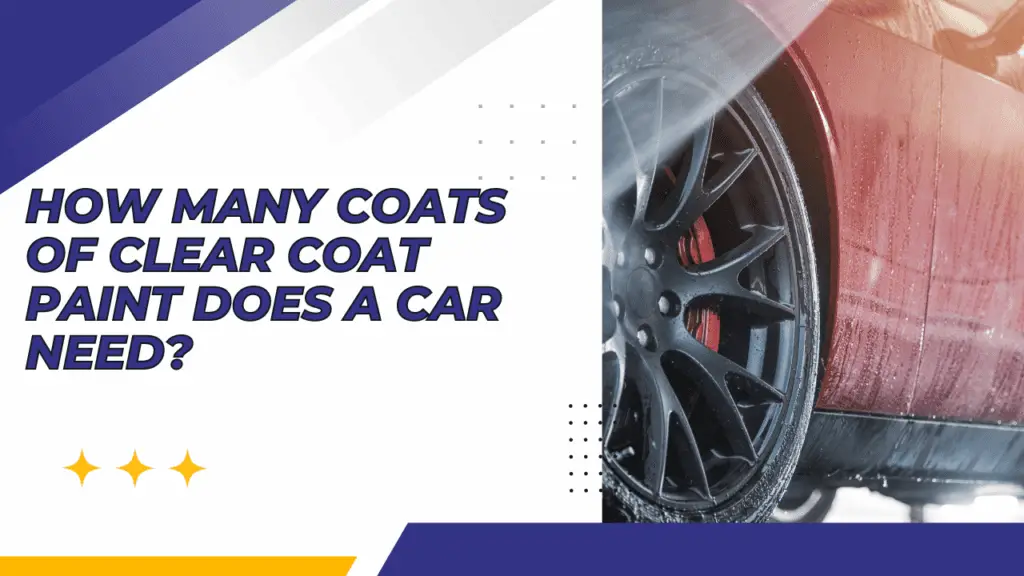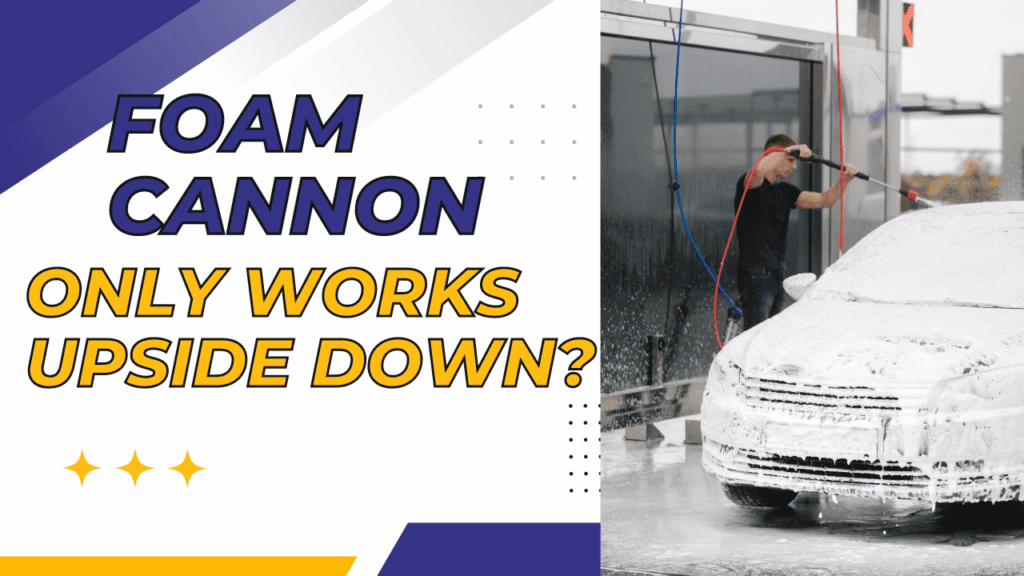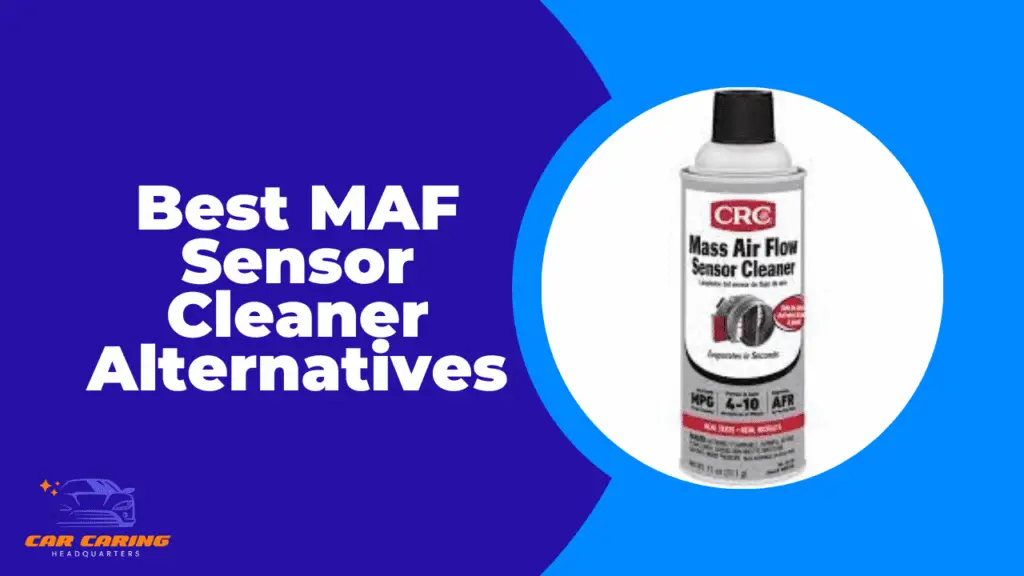When it comes to maintaining the appearance of your car, the condition of the paintwork plays a significant role. It’s essential to use the right products and techniques to clean and protect the paint.
Mineral spirits are a commonly used cleaning agent, but many car owners wonder whether they can cause any harm to car paint. In this article, we will delve into the topic of whether mineral spirits can damage car paint and provide valuable insights to help you make informed decisions.
Table of Contents
What are Mineral Spirits?
Before we discuss their impact on car paint, let’s understand what mineral spirits are. Mineral spirits, also known as white spirits or paint thinners, are a petroleum-based solvent commonly used for cleaning purposes.
They are often used to remove paint, grease, oil, and other tough stains. Mineral spirits are available in hardware stores and are favored for their effectiveness in various cleaning applications.
How are Mineral Spirits Used?
Mineral spirits are versatile and find application in several areas. In automotive maintenance, they are often used to clean car parts, such as engine components, tools, and paintbrushes.
They can effectively remove dirt, grease, and old wax from surfaces. Additionally, mineral spirits are used in paint preparation to thin oil-based paints for a smoother application.
Can Mineral Spirits Damage Car Paint?
While mineral spirits are effective in cleaning, you may be concerned about their potential damage to car paint. The answer to this question depends on various factors, such as the type of paint, the condition of the paintwork, and how mineral spirits are used.
Factors to Consider
Paint Type
Different types of car paints may react differently to mineral spirits. It is generally safe to use mineral spirits on factory-applied enamel or clear coat finishes, but caution should be exercised when dealing with custom or aftermarket paint jobs.
Paint Condition
If the car’s paint is in good condition without any cracks or peeling, the risk of damage from mineral spirits is relatively low. However, if the paint is already damaged or deteriorating, mineral spirits could exacerbate the problem.
Dwell Time
The amount of time mineral spirits are left on the paint can affect the potential for damage. It is important to follow the recommended guidelines and avoid extended exposure.
Testing
Before applying mineral spirits to the entire painted surface, it is wise to test a small inconspicuous area to ensure compatibility and assess any adverse reactions.
Precautions to Take
To minimize the risk of damaging car paint, it is crucial to follow these precautions when using mineral spirits:
- Dilute Properly: It is essential to follow the instructions on the product label and dilute mineral spirits as recommended. Using undiluted or excessive amounts can increase the chances of paint damage.
- Spot Cleaning: Instead of applying mineral spirits to the entire surface, focus on spot cleaning small areas as necessary. This approach reduces the likelihood of prolonged exposure to the solvent.
- Gentle Application: When using mineral spirits, employ a soft cloth or sponge and apply gentle pressure. Avoid abrasive materials or excessive scrubbing, as they can lead to paint damage.
- Rinse Thoroughly: After cleaning with mineral spirits, rinse the area with water and dry it properly to remove any residue. This helps prevent any lingering solvent from affecting the paint.
Alternative Options
If you are concerned about using mineral spirits on your car’s paintwork, there are alternative options available:
- Water-Based Cleaners: Opt for water-based cleaners that are specifically formulated for automotive use. These cleaners are less harsh and have a lower risk of damaging the paint.
- Car Wash Soaps: Regular car wash soaps, designed for automotive use, can effectively remove dirt and grime without the need for strong solvents.
- Professional Detailing: Consider taking your car to a professional detailing service. They have the expertise and knowledge to use appropriate cleaning techniques and products that won’t harm the paint.
Conclusion
In conclusion, when used correctly and with necessary precautions, mineral spirits are unlikely to cause significant damage to car paint. However, it is crucial to consider factors such as paint type, paint condition, dwell time, and conduct compatibility tests before using mineral spirits on your car.
Following the recommended guidelines and taking necessary precautions will help maintain the integrity of your car’s paintwork.
FAQs
Is it safe to use mineral spirits on older cars with original paint?
Yes, it is generally safe to use mineral spirits on older cars with factory-applied enamel or clear coat finishes. However, always test a small area first to ensure compatibility and assess any adverse reactions.
Can mineral spirits remove scratches from car paint?
Mineral spirits are not specifically designed to remove scratches from car paint. For scratch removal, it is recommended to consult a professional or use specialized products and techniques.
Are there any eco-friendly alternatives to mineral spirits for car paint cleaning?
Yes, there are eco-friendly alternatives available, such as water-based cleaners or car wash soaps specifically formulated for automotive use. These options are generally safer for the environment.
Can mineral spirits damage vinyl wraps or decals on cars?
Yes, mineral spirits can damage vinyl wraps or decals on cars. It is best to consult the manufacturer’s guidelines or seek professional advice for cleaning and maintenance of vinyl-wrapped vehicles.
Is it necessary to wax the car after using mineral spirits?
After using mineral spirits, it is advisable to wash the area thoroughly and apply a protective wax or sealant. This helps maintain the shine and provides an extra layer of protection for the paintwork.







